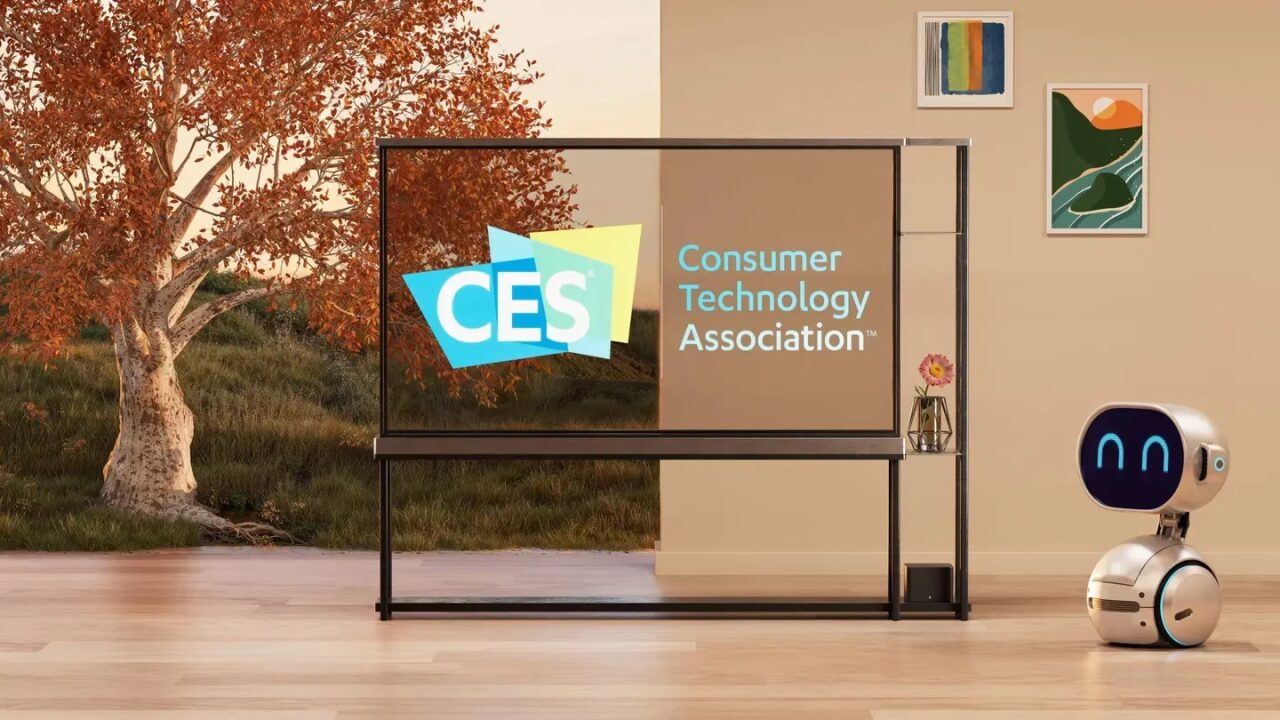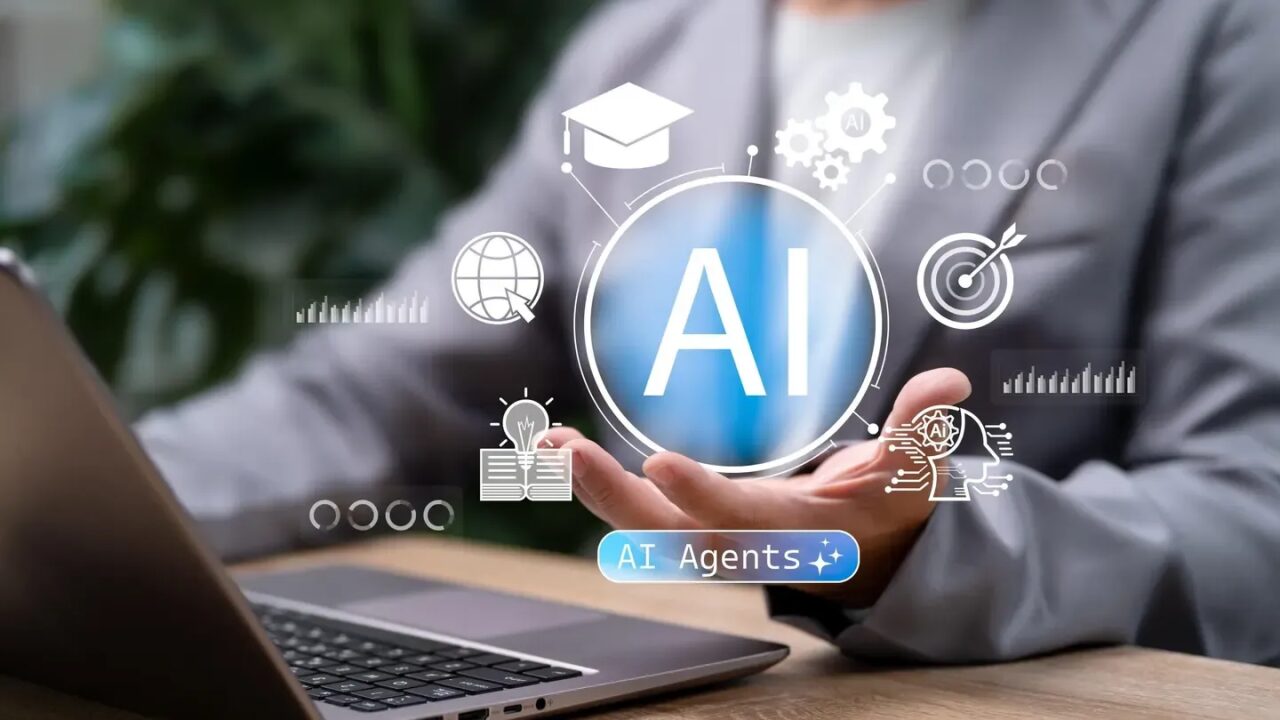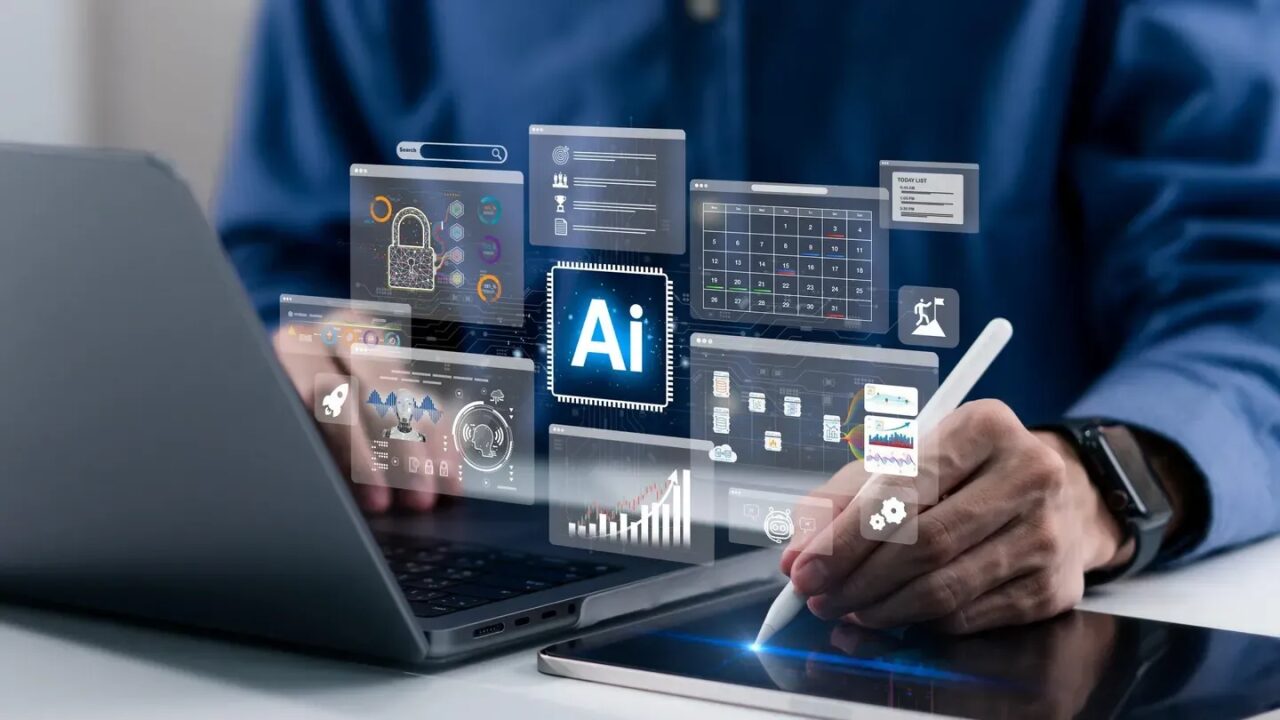Hype Or Reality: Will AI Really Solve Climate Change?
17 June 2024
Many believe that the climate crisis is humanity’s most pressing issue today. Global warming, rising sea levels and extreme weather events are already impacting lives across the globe, and they are only forecast to get worse.
New and emerging AI technology is frequently hailed as a beacon of hope that will provide solutions to challenges we’ve been unable to solve so far.
But while AI undoubtedly has the potential to be hugely transformative, there’s also a great deal of hype around it. This is hardly surprising when technology companies with huge marketing budgets hope to make $184 billion this year by selling it!
So, how realistic is it to expect that it will provide us with solutions to these very real and urgent challenges? Let’s examine the claims being made and how well they stack up against what’s actually being achieved.

What Is Being Said?
The World Economic Forum says that the use of AI can contribute to the fight against climate change. According to its report, “the technology is already being used to send natural disaster alerts in Japan, monitor deforestation in the Amazon, and design greener smart cities in China.”
Another report by Google and Boston Consulting Group concludes that AI can potentially be used to mitigate between 5% and 10% of global greenhouse gas emissions. Google’s chief sustainability officer, Kate Brandt, has said, “AI has a really major role in addressing climate change.”
And the United Nations says that it believes AI can help it achieve all of its strategic development goals, which aim to promote sustainable development in a way that reduces harm caused to the environment by human activity.
Not everyone is so optimistic, however.
Those who are skeptical that AI will provide all the answers frequently point out that AI systems themselves are often hugely energy intensive.
A report by a coalition of environmental groups, Climate Action Against Disinformation, recently put out a statement that said: "People will be outraged to see how much more energy is being consumed by AI in the coming years, as well as how it will flood the zone with disinformation about climate change."
It’s even been suggested that environmentally damaging coal-fired power plants, which would otherwise have been decommissioned, have had their lifetimes extended in order to meet the power needs of AI.
Another danger is that behavioral changes driven by the mainstream adoption of AI technology are not always entirely environmentally friendly. The emergence of ride-sharing apps like Uber has cut the number of journeys taken in private cars. But it’s also reduced the use of even more environmentally friendly forms of public transport, leading to increased pollution.
Others take the view that while AI and technology is mostly controlled by big corporations and used by those who can afford to pay for it, its benefits will disproportionately go to those who are already privileged.
For example, households can already save money on energy bills by installing solar panels, and electric cars are cheaper to run than conventionally fueled cars, but both require a high initial outlay that many can’t afford.
This could result in poorer sections of society being less motivated to make lifestyle and behavioral changes needed to counter the impacts of climate change.
Solving The Climate Crisis
So what’s being done in the real world today and how does this stack up against the grand claims that are being made for the potential of AI?
One way AI is being used is to improve agricultural processes, so as to reduce the environmental impact of food production. Data collected from cameras on agricultural equipment and drones is used to determine optimum amounts of fertilizers and pesticides to be used. Farmers receive real-time alerts into weather conditions and other factors affecting crops, allowing them to take action before damage is done and improve crop yields.
Other initiatives involve monitoring the melting of icebergs in polar oceans, a task AI is able to carry out 10,000 times more quickly than humans. This makes is easier to predict the impact of rising temperatures on sea levels as well as the release of freshwater nutrients, which impact biodiversity in the ocean.
AI is also being used to recycle waste more efficiently, minimizing methane emissions created during the process.
And another project that is generating results today involves using AI to analyze satellite images to monitor deforestation and predict its effect on the planet’s ability to absorb carbon emissions.
AI is also empowering smart city initiatives, which are designed to create urban environments that are conducive to living in an environmentally friendly way. For example, public transport and municipal services are planned in a way that minimizes waste and energy consumption, traffic flow is regulated in real-time to avoid congestion, which increases pollution, and smart utilities grids route power and water efficiently.
And AI has also enabled steps toward development of what could potentially be the greatest breakthrough in the quest for near-unlimited, clean energy—nuclear fusion.
Earlier this year, a team of Princeton University researchers said AI helped them overcome one of the biggest challenges on the path to generating energy via the same type of reaction used by the sun itself.
Hype Or Reality?
Judging the evidence from projects and initiatives being carried across the globe today, it seems realistic to conclude that AI has the potential to at least help mitigate the dangers of climate crisis.
However, it’s important to remain aware of the limitations and challenges—in particular the high power requirements of AI itself.
On top of that, there’s a real danger that treating AI as a “silver bullet” will lead to us sleepwalking closer toward environmental catastrophe while we wait for clever people to come up with solutions.
This means it’s important to remember that change won’t be driven by technology alone. Averting the climate catastrophe that scientists predict we are heading for will take concerted efforts at a political level and by us as individuals.
But new real-world applications for AI in climate action are emerging by the day. In particular, AI that helps us in the search for clean energy sources, and tools that enable everyday people to maximize their contribution to climate action, offer tangible hope. By treating AI as just one of the many tools we will need to mitigate and repair the damage being done to the planet, it may indeed play a part in building a more sustainable future.
Related Articles
What CES 2026 Tells Us About The Future Of Work, Without Saying ‘Work’
By now, “smart” versions exist of just about every home appliance, gadget and gizmos we can think of. However, manufacturers continue[...]
8 AI Agents Every HR Leader Needs To Know in 2026
By now, “smart” versions exist of just about every home appliance, gadget and gizmos we can think of. However, manufacturers continue[...]
The 6 Education Trends That Will Shape Learning And Skills In 2026
By now, “smart” versions exist of just about every home appliance, gadget and gizmos we can think of. However, manufacturers continue[...]
The Big Ideas Shaping CES 2026 And What They Mean For The Future Of Technology
By now, “smart” versions exist of just about every home appliance, gadget and gizmos we can think of. However, manufacturers continue[...]
Why CES 2026 Signals The End Of ‘AI As A Tool’
By now, “smart” versions exist of just about every home appliance, gadget and gizmos we can think of. However, manufacturers continue[...]
Letting AI Browse The Web For You Sounds Great Until It Goes Wrong
By now, “smart” versions exist of just about every home appliance, gadget and gizmos we can think of. However, manufacturers continue[...]
Sign up to Stay in Touch!
Bernard Marr is a world-renowned futurist, influencer and thought leader in the fields of business and technology, with a passion for using technology for the good of humanity.
He is a best-selling author of over 20 books, writes a regular column for Forbes and advises and coaches many of the world’s best-known organisations.
He has a combined following of 4 million people across his social media channels and newsletters and was ranked by LinkedIn as one of the top 5 business influencers in the world.
Bernard’s latest book is ‘Generative AI in Practice’.










Social Media